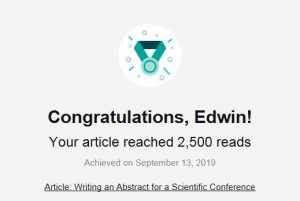 Last Friday ResearchGate informed us that ‘Writing an Abstract for a Scientific Conference’ [1] published by three Bournemouth University (BU) scholars (Prof. Vanora Hundley, Dr. Bibha Sinkhada and Prof. Edwin van Teijlingen and a BU Visiting Professor (Prof. Padam Simkhada) had reached 2,500 reads.
Last Friday ResearchGate informed us that ‘Writing an Abstract for a Scientific Conference’ [1] published by three Bournemouth University (BU) scholars (Prof. Vanora Hundley, Dr. Bibha Sinkhada and Prof. Edwin van Teijlingen and a BU Visiting Professor (Prof. Padam Simkhada) had reached 2,500 reads.  This paper is one of a series of articles BU academics have published on several aspects of academic writing and scientific publishing. The range of publications includes issue such as: predatory publishers, authors earning from copyright; finding the best title for your paper, and issues of authorship [2-13]. These are great resources for budding academic writers, especially as nearly are Open Access publications and hence freely available across the world.
This paper is one of a series of articles BU academics have published on several aspects of academic writing and scientific publishing. The range of publications includes issue such as: predatory publishers, authors earning from copyright; finding the best title for your paper, and issues of authorship [2-13]. These are great resources for budding academic writers, especially as nearly are Open Access publications and hence freely available across the world.
Other useful BU resources include the work by Dr. Kip Jones, such as his blogs on Organising & Writing a PhD thesis or his advice on Writing Blogs. Another great BU resource is the online publication by Dr. Miguel Moital, who wrote the e-book Writing Dissertations & Theses: What you should know but no one tells you, where he shares valuable practical information about the process of writing academic work, notably dissertations. The book starts with explaining the six criteria, expressed in the form of 6 ‘C’s, required to produce high quality dissertations: Confined, Corroborated, Critical, Coherent, Concise and Captivating. The e-book then goes on to share a range of ‘tips and tools’ which contribute to fulfilling the 6 Cs. 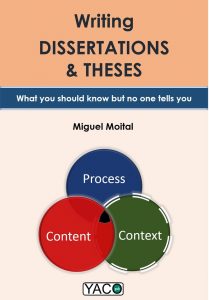
Moreover, it is also worth pointing out that there are some great web resources on writing and publishing produced by BU Library staff, for example on plagiarism; academic writing; or how to cite references.
Prof. Edwin van Teijlingen
Centre for Midwife
References
- Simkhada, P., van Teijlingen E., Hundley, V., Simkhada, BD. (2013) Writing an Abstract for a Scientific Conference, Kathmandu Univ Med J 11(3): 262-65. http://www.kumj.com.np/issue/43/262-265.pdf
- van Teijlingen, E, Hundley, V. (2002) Getting your paper to the right journal: a case study of an academic paper, J Advanced Nurs 37(6): 506-11.
- Pitchforth, E, Porter M, Teijlingen van E, Keenan Forrest, K. (2005) Writing up & presenting qualitative research in family planning & reproductive health care, J Fam Plann Reprod Health Care 31(2): 132-135.
- Kretschmer, M., Hardwick, P. (2007) Authors’ earnings from copyright and non-copyright sources: A survey of 25,000 British and German writers, Bournemouth: Bournemouth University, Centre for Intellectual Property Policy & Management.
- van Teijlingen, E, Simkhada, PP, Rizyal A (2012) Submitting a paper to an academic peer-reviewed journal, where to start? (Guest Editorial) Health Renaissance 10(1): 1-4.
- van Teijlingen, E, Simkhada. PP, Simkhada, B, Ireland J. (2012) The long & winding road to publication, Nepal J Epidemiol 2(4): 213-215 http://nepjol.info/index.php/NJE/article/view/7093/6388
- Hundley, V, van Teijlingen, E, Simkhada, P (2013) Academic authorship: who, why and in what order? Health Renaissance 11(2):98-101 www.healthrenaissance.org.np/uploads/Download/vol-11-2/Page_99_101_Editorial.pdf
- Simkhada P, van Teijlingen E, Hundley V. (2013) Writing an academic paper for publication, Health Renaissance 11(1):1-5. www.healthrenaissance.org.np/uploads/Pp_1_5_Guest_Editorial.pdf
- van Teijlingen, E., Ireland, J., Hundley, V., Simkhada, P., Sathian, B. (2014) Finding the right title for your article: Advice for academic authors, Nepal J Epidemiol 4(1): 344-347.
- van Teijlingen E., Hundley, V., Bick, D. (2014) Who should be an author on your academic paper? Midwifery 30: 385-386.
- Hall, J., Hundley, V., van Teijlingen, E. (2015) The journal editor: friend or foe? Women & Birth 28(2): e26-e29.
- Sathian, B., Simkhada, P., van Teijlingen, E., Roy, B, Banerjee, I. (2016) Grant writing for innovative medical research: Time to rethink. Med Sci 4(3):332-33.
- Pradhan, AK, van Teijlingen, ER. (2017) Predatory publishing: a great concern for authors, Med Sci 5(4): 43.
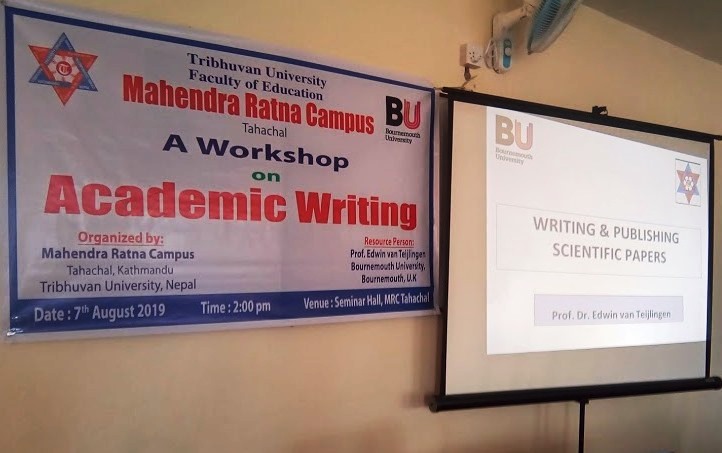

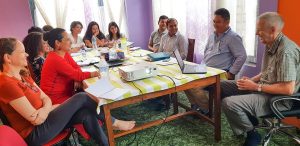
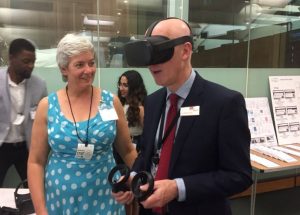
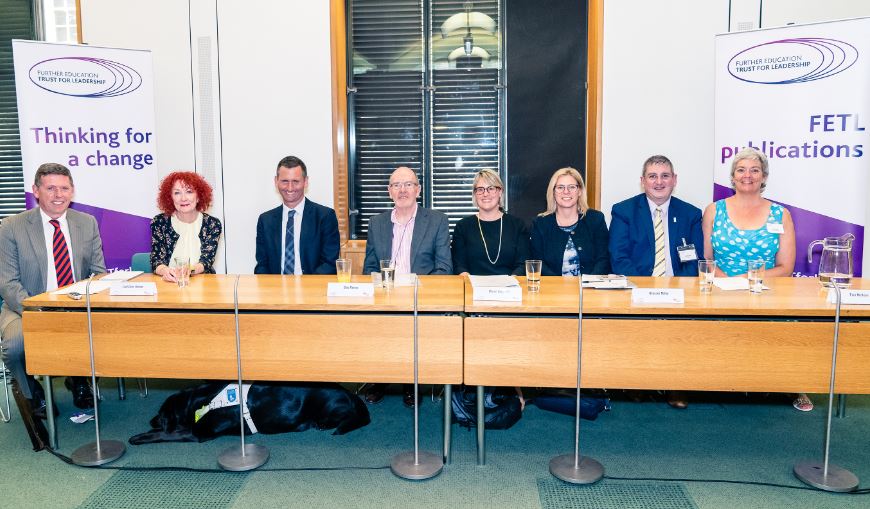
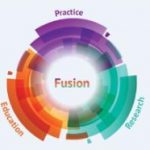
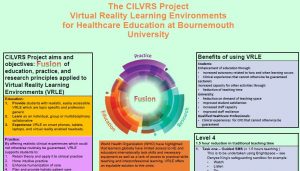




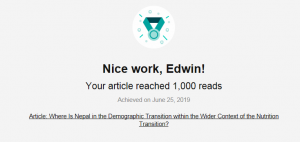

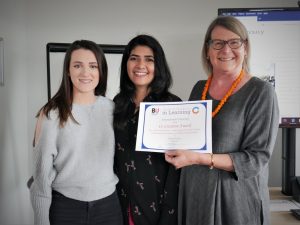
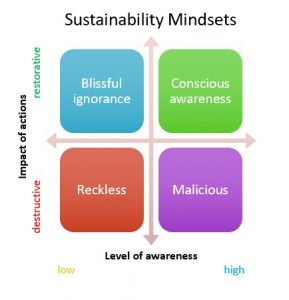


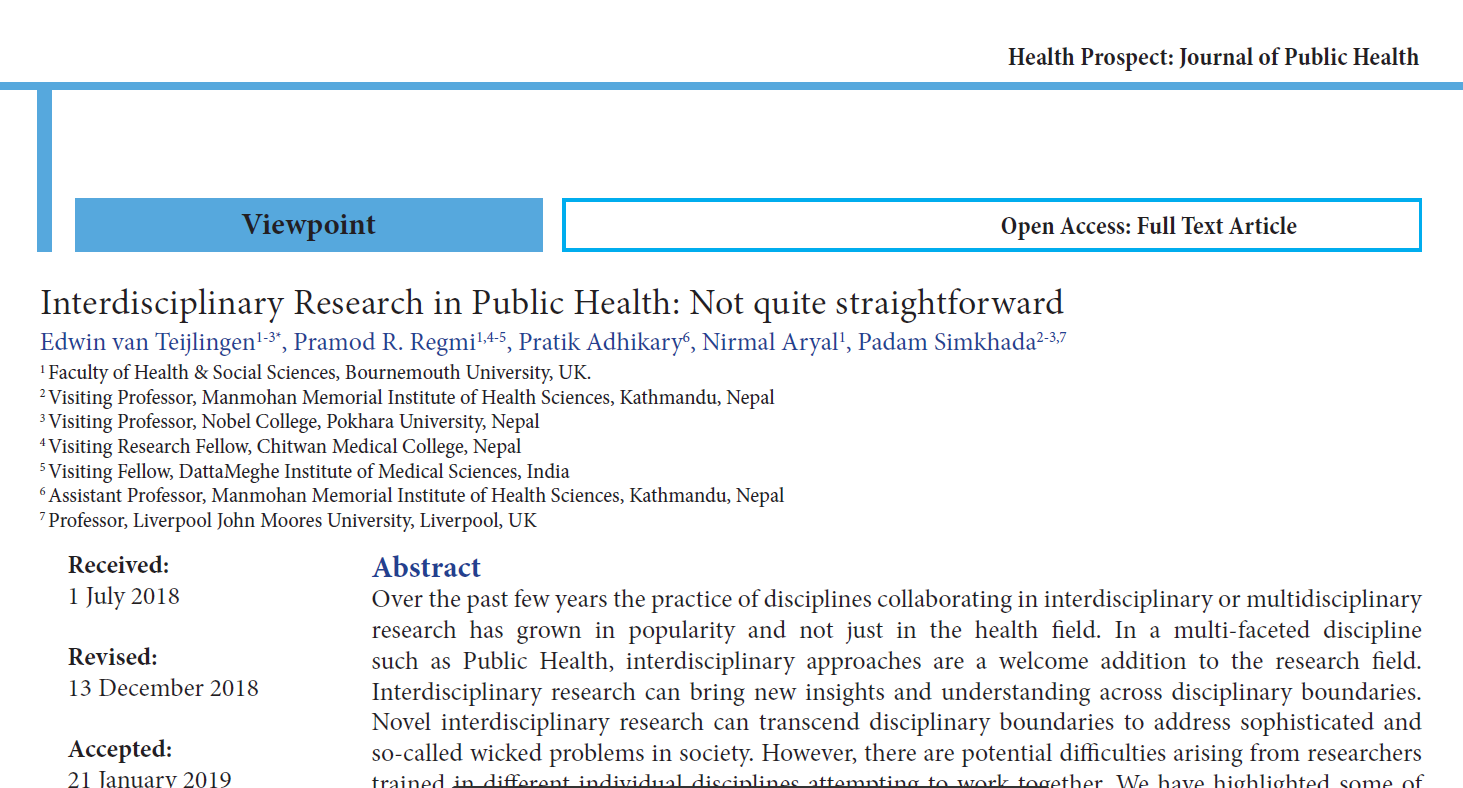

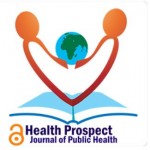
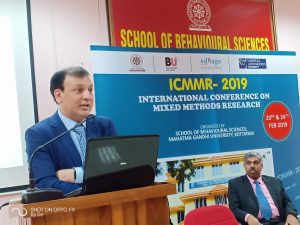
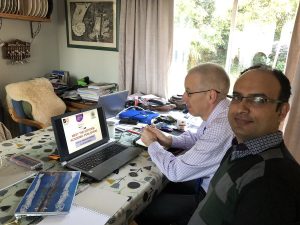

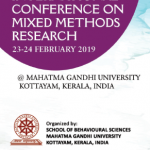
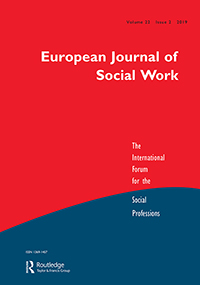
 Education is changing – but what does this look like in practice? What does the future of learning hold for students? At Bournemouth University we are responding to research that considers how teachers of the future will work with their classes.
Education is changing – but what does this look like in practice? What does the future of learning hold for students? At Bournemouth University we are responding to research that considers how teachers of the future will work with their classes.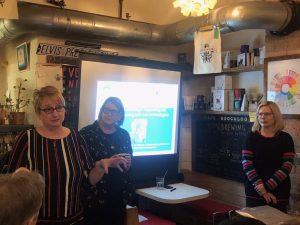
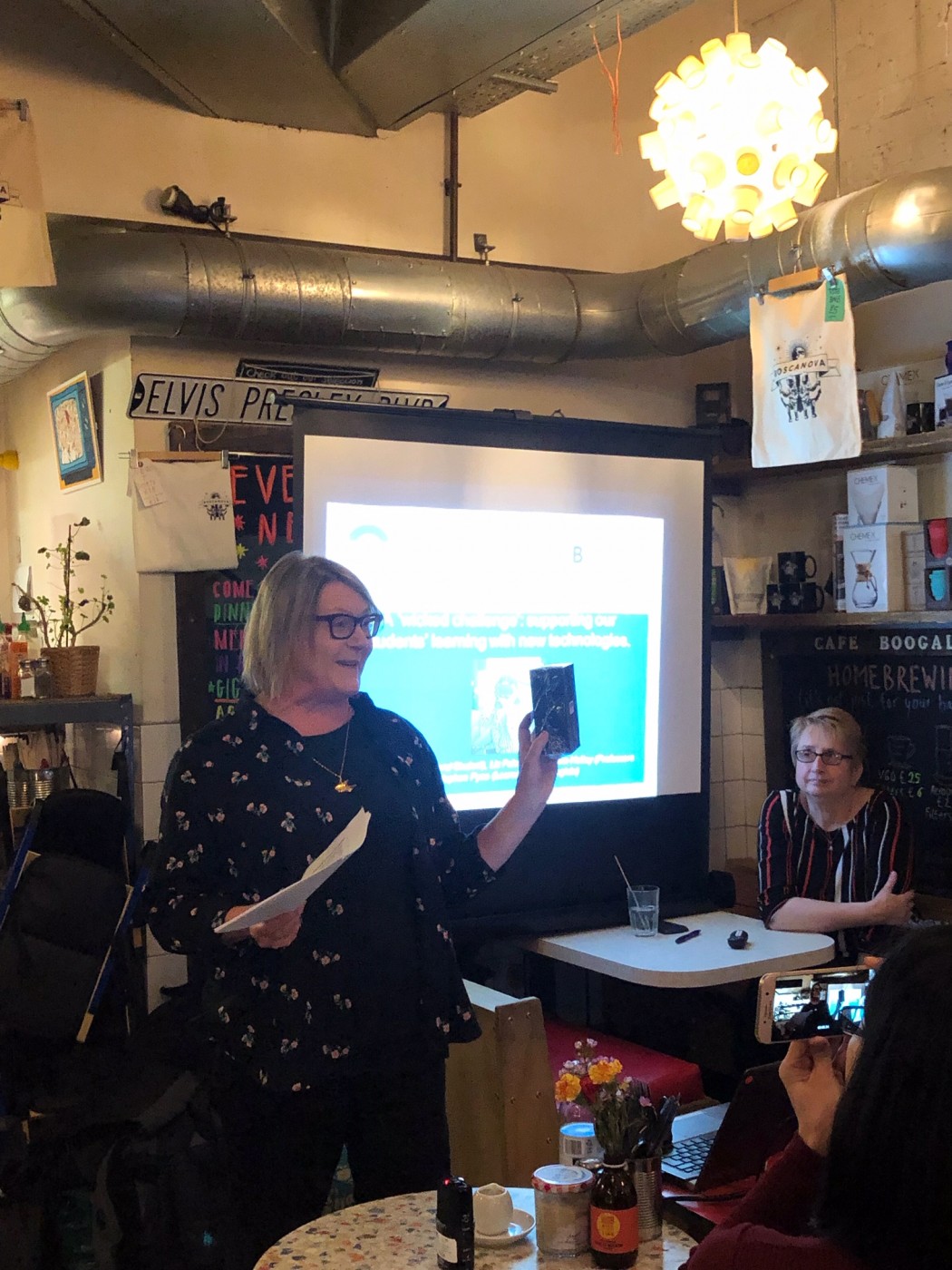
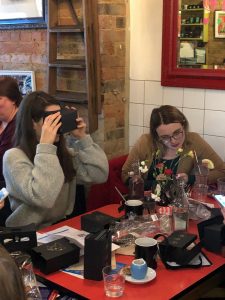

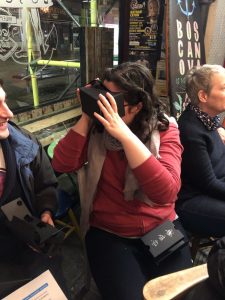
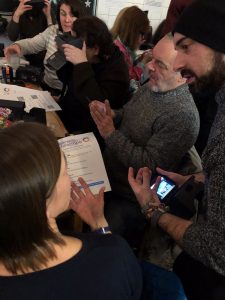
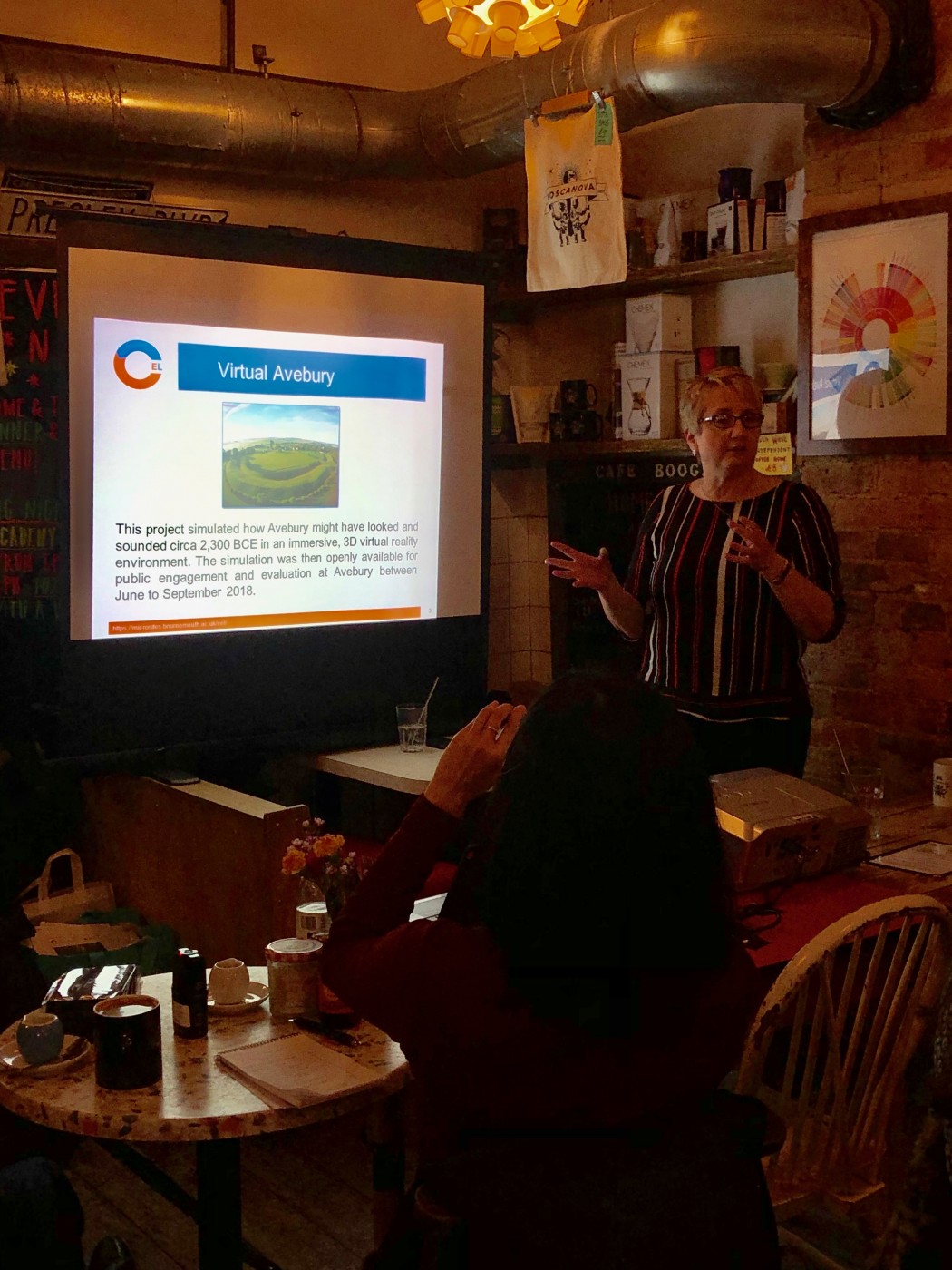 Not only did people enjoy visiting the VR Avebury, but for some it brought out an emotional reaction as they felt they had experienced some of what it would have been like to have visited the ancient site when it was still complete. One of the participants said; “I felt completely immersed in the landscape. It was really interesting to see the difference between the real stones outside and the simulation. The difference between the sizes of the banks and ditches was particularly striking!” Liz concluded with her favourite finding; that women over the age of 60 were the third most likely group to enjoy gaming (mostly on their mobile phones). It reminds us all not to pre-judge what we think people will find enjoyable and useful as a learning experience.
Not only did people enjoy visiting the VR Avebury, but for some it brought out an emotional reaction as they felt they had experienced some of what it would have been like to have visited the ancient site when it was still complete. One of the participants said; “I felt completely immersed in the landscape. It was really interesting to see the difference between the real stones outside and the simulation. The difference between the sizes of the banks and ditches was particularly striking!” Liz concluded with her favourite finding; that women over the age of 60 were the third most likely group to enjoy gaming (mostly on their mobile phones). It reminds us all not to pre-judge what we think people will find enjoyable and useful as a learning experience.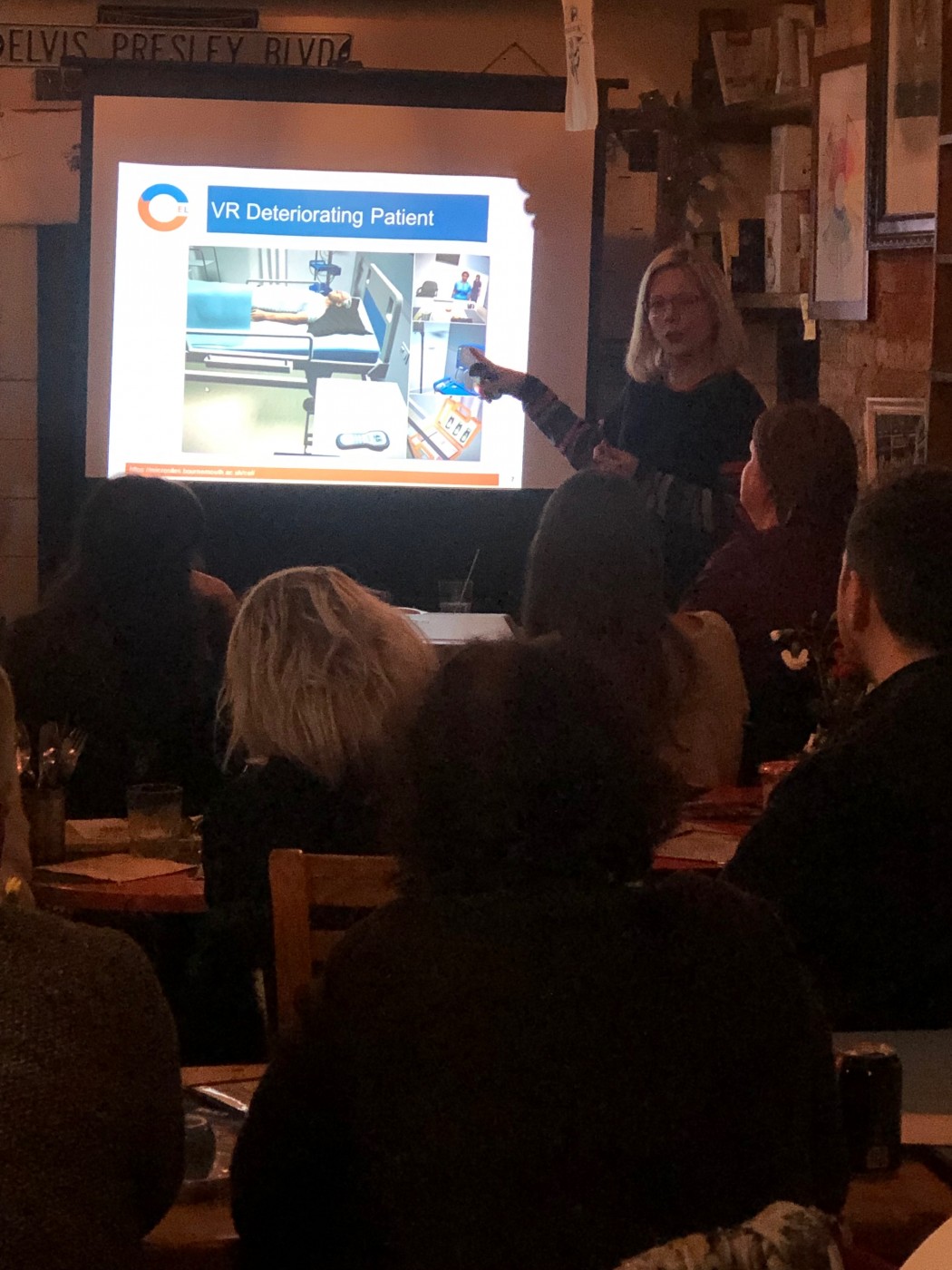
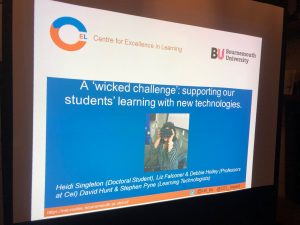 If you’re interested in finding out more about VR, AR or 360 Video you can contact the
If you’re interested in finding out more about VR, AR or 360 Video you can contact the 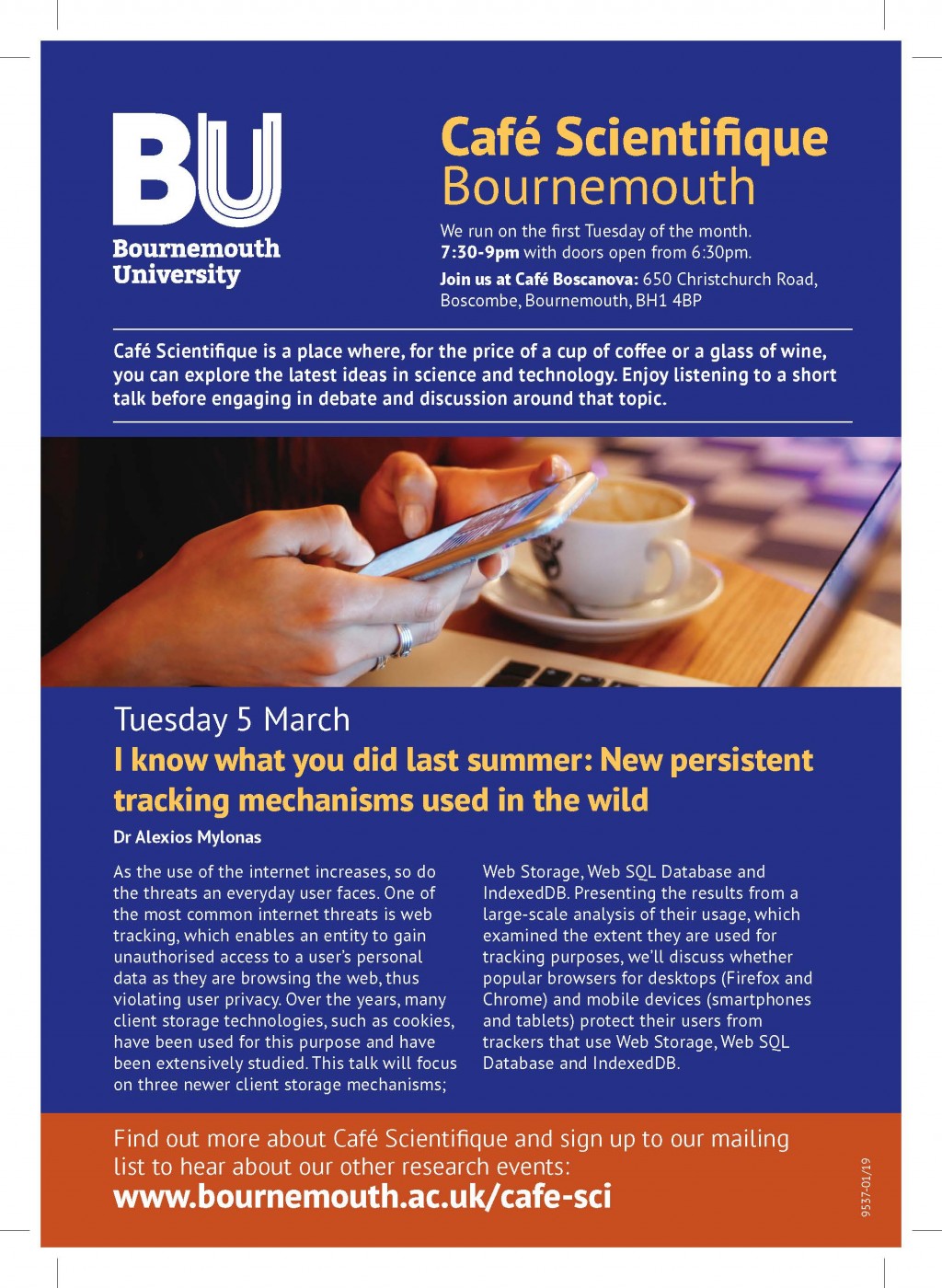


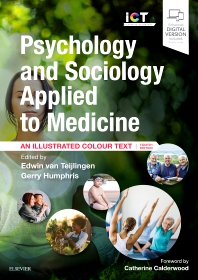





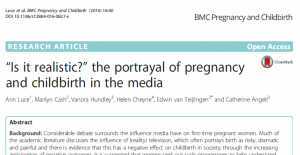
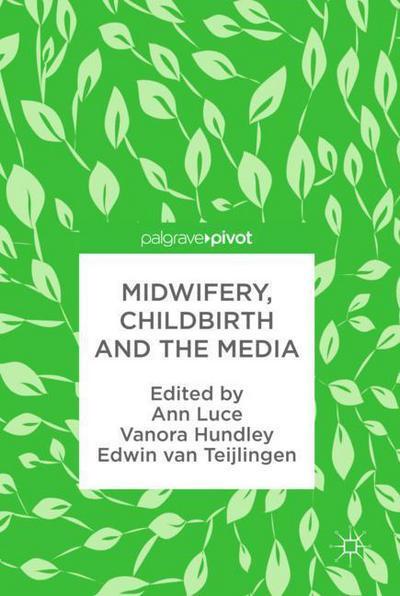
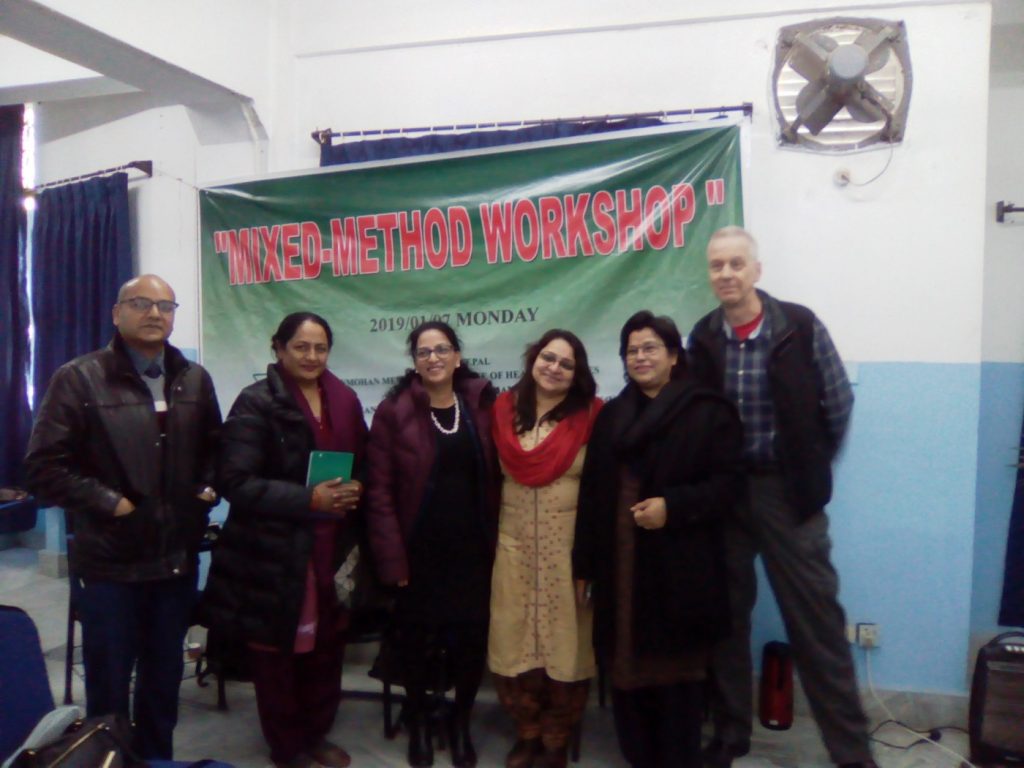
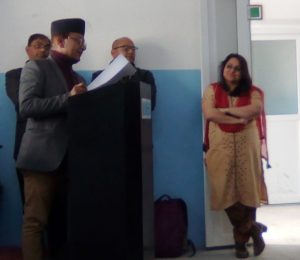
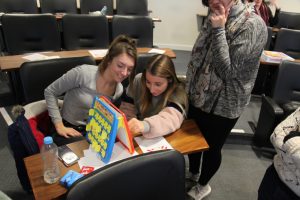
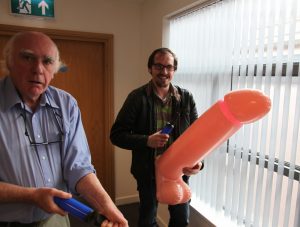

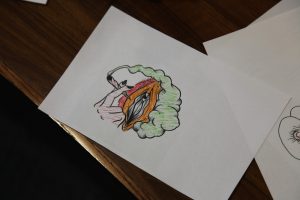













 Dr. Ashraf cited on ‘Modest Fashion’ in The Guardian
Dr. Ashraf cited on ‘Modest Fashion’ in The Guardian NIHR-funded research launches website
NIHR-funded research launches website Academics write for newspaper in Nepal
Academics write for newspaper in Nepal New paper published on disability in women & girls
New paper published on disability in women & girls Global Consortium for Public Health Research 2025
Global Consortium for Public Health Research 2025 MSCA Postdoctoral Fellowships 2025 Call
MSCA Postdoctoral Fellowships 2025 Call ERC Advanced Grant 2025 Webinar
ERC Advanced Grant 2025 Webinar Horizon Europe Work Programme 2025 Published
Horizon Europe Work Programme 2025 Published Horizon Europe 2025 Work Programme pre-Published
Horizon Europe 2025 Work Programme pre-Published Update on UKRO services
Update on UKRO services European research project exploring use of ‘virtual twins’ to better manage metabolic associated fatty liver disease
European research project exploring use of ‘virtual twins’ to better manage metabolic associated fatty liver disease